Composting is a wonderful way to turn organic waste into nutrient-rich soil, reducing landfill waste and nurturing your garden naturally. But not everything belongs in the compost bin. Some materials can disrupt decomposition, attract pests, or even introduce harmful bacteria and toxins. Understanding what not to compost is essential for maintaining a safe, balanced pile. Here are nine things you should always keep out of your compost and the reasons why.
1. Meat and Fish Scraps
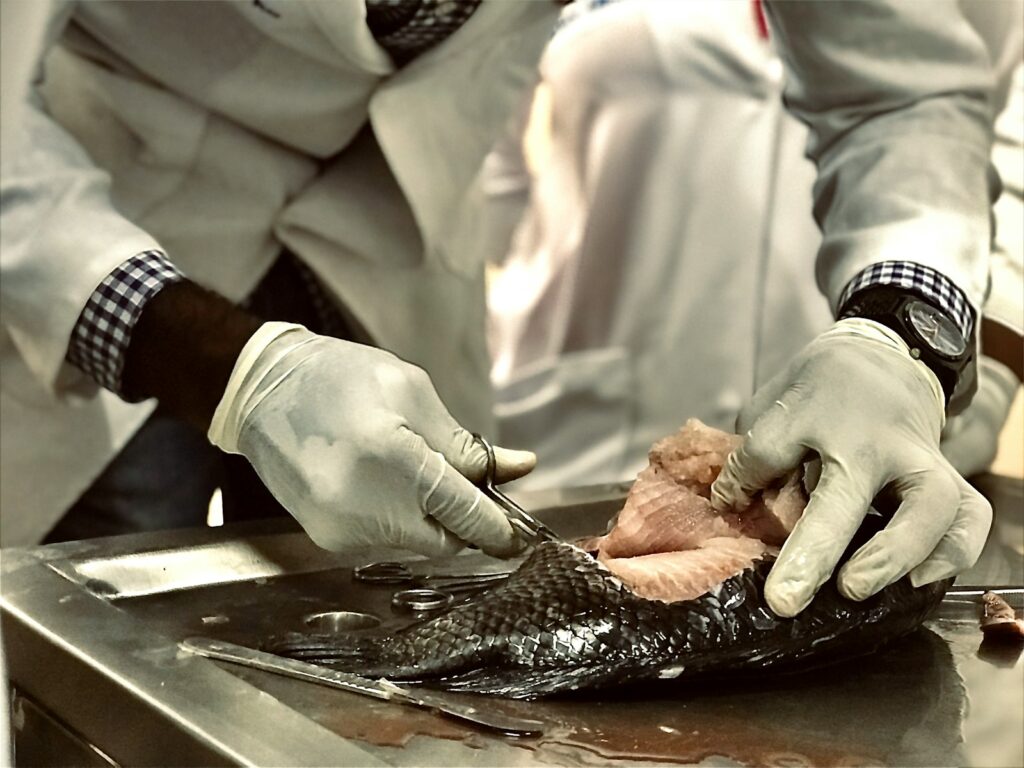
While they’re organic, meat and fish scraps attract rodents, flies, and other pests almost instantly. They also create unpleasant odors as they decompose, making your compost pile smell rancid. Beyond that, these scraps can harbor pathogens that survive composting if temperatures don’t get hot enough. Instead, discard them in your regular trash or explore specialized bokashi bins designed for such waste. Keeping meat out ensures a cleaner, healthier compost.
2. Dairy Products
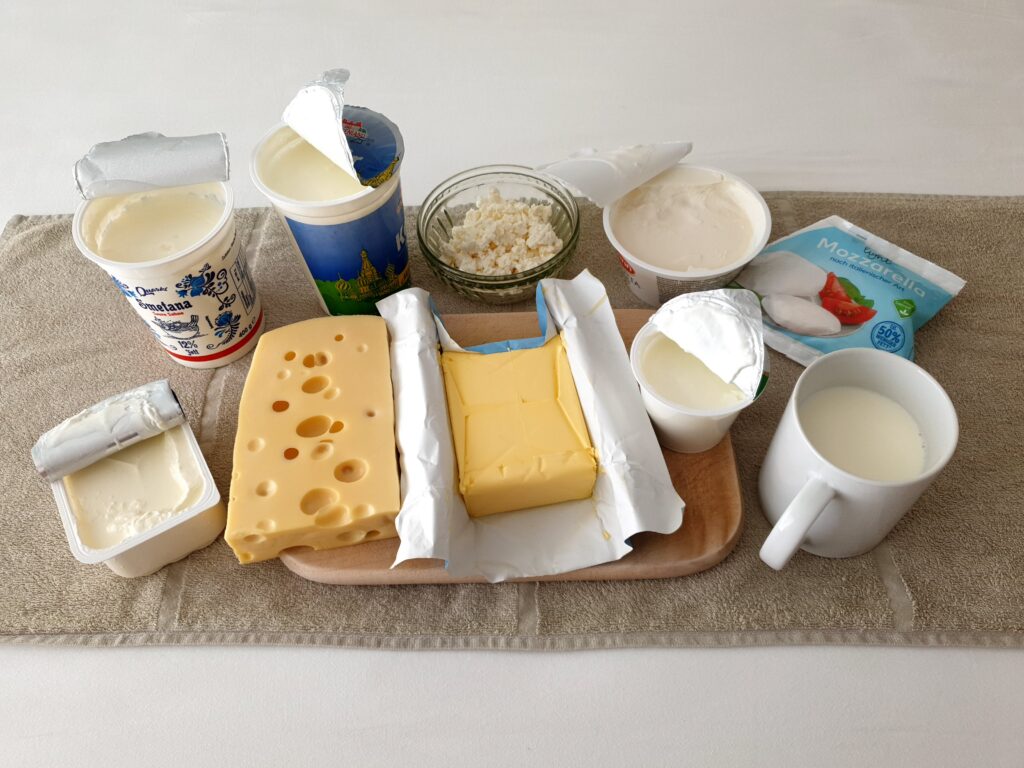
Milk, cheese, yogurt, and butter may seem compostable, but can create similar issues to meat odor, pests, and uneven decomposition. These fats slow down microbial activity, preventing your compost from heating properly. Worse, they can breed harmful bacteria like E. coli if not handled correctly. Avoid tossing dairy into compost; instead, consider using minimal amounts for bokashi composting if you’re equipped for it. Keeping dairy separate keeps your compost fresh and safe.
3. Oily or Greasy Foods
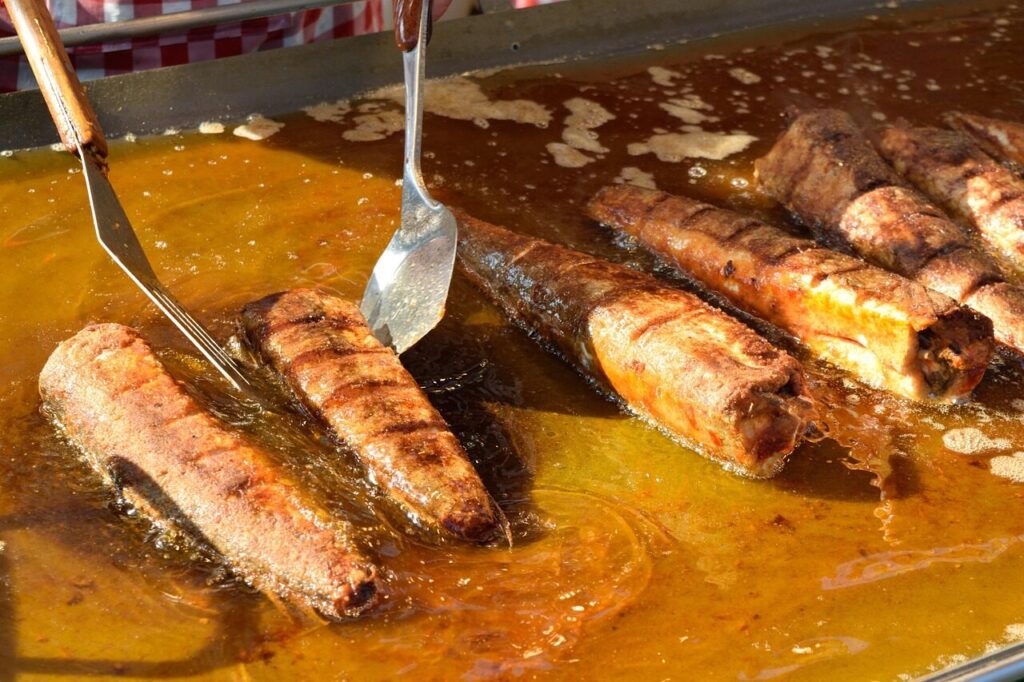
Any food drenched in oil, grease, or fat can suffocate your compost pile. The slick coating limits oxygen flow, slowing decomposition and creating a slimy mess. These substances also repel water, making the pile unevenly moist. Additionally, they can attract unwanted pests, just like meat. Even natural oils should be avoided. It’s better to wipe greasy dishes with paper towels and compost the towels instead. Healthy compost thrives without excess fat.
4. Diseased or Infected Plants
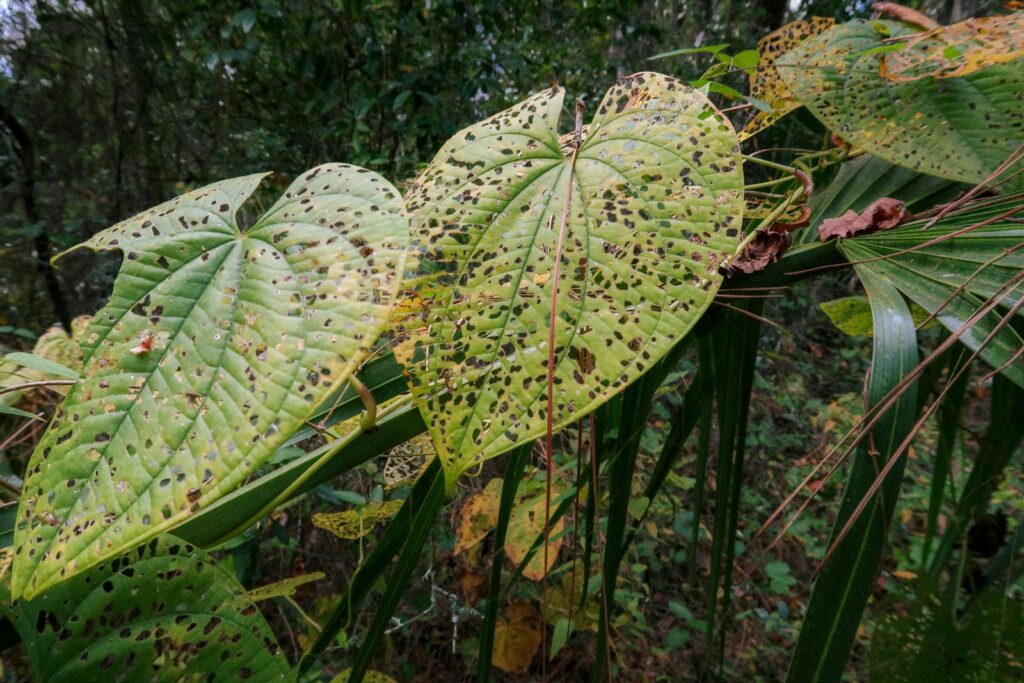
Garden waste seems compostable, but diseased plants can spread fungal spores or bacterial infections throughout your pile. If your compost doesn’t reach high enough temperatures, those pathogens can survive and reinfect your garden once you reuse the compost. It’s best to burn or dispose of diseased material rather than compost it. This keeps your garden soil safe and prevents repeating cycles of infection in the growing season ahead.
5. Pet Waste
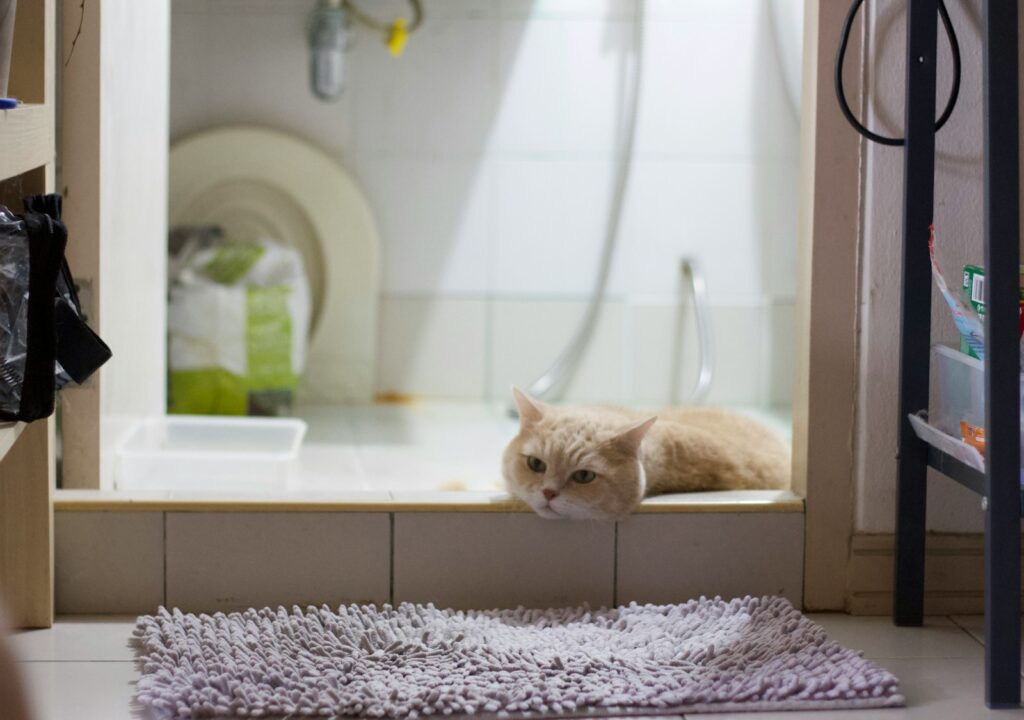
While animal manure from herbivores like cows or horses can enrich soil, waste from pets like cats and dogs should never be composted. Their feces often contain parasites, bacteria, or viruses harmful to humans and plants alike. Even in hot composting systems, these pathogens can persist. Pet litter should also be kept out, especially if it contains chemicals or fragrances. Dispose of pet waste properly to maintain a hygienic compost environment.
6. Coal or Charcoal Ash
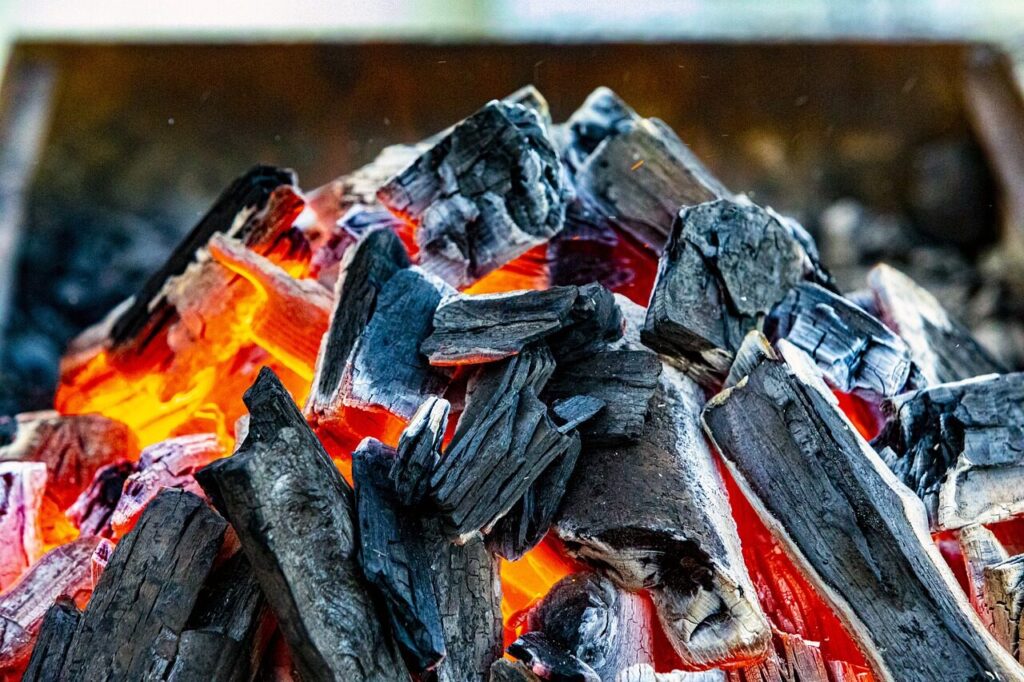
Ashes from coal or charcoal may seem natural, but they’re loaded with sulfur and heavy metals that can damage plant health. These residues alter your compost’s pH, making it too acidic and hindering beneficial microorganisms. Wood ash, in contrast, can be added in moderation, but coal ash should always be avoided. To be safe, discard it with your household trash and stick to clean, untreated plant-based materials for your compost.
7. Synthetic or Treated Wood
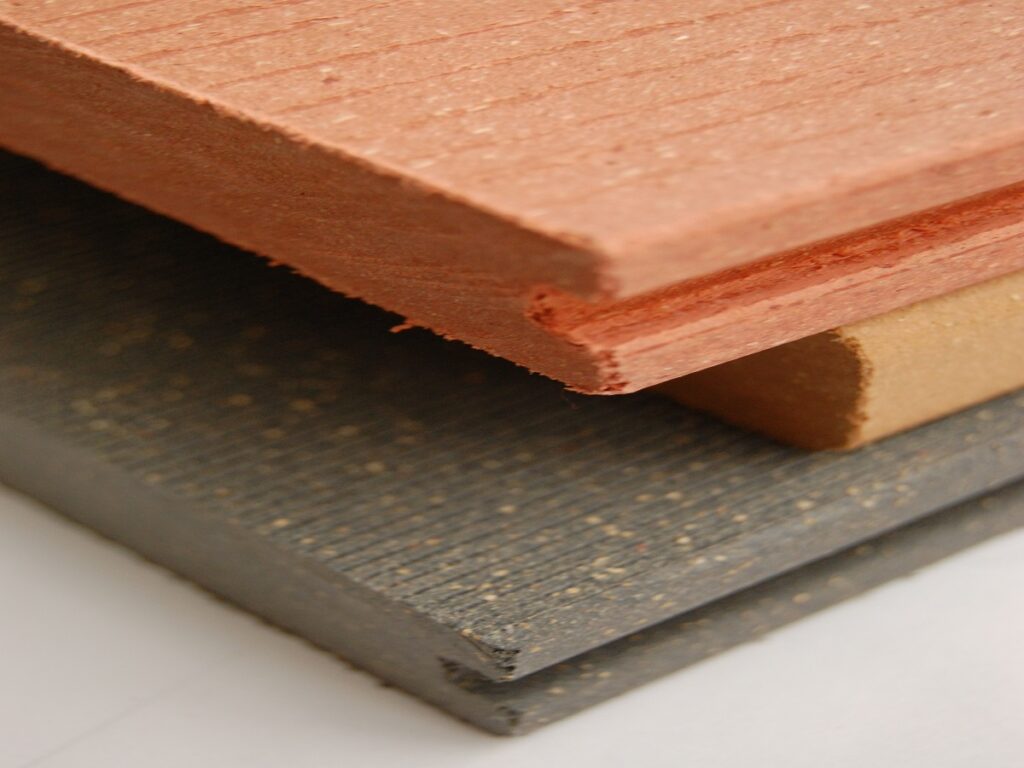
Wood scraps are biodegradable, but if they’re painted, stained, or pressure-treated, they carry chemicals that can leach into compost and harm your garden. Substances like arsenic and creosote linger long after decomposition, contaminating your soil. Only compost untreated, natural wood or sawdust. Any treated wood should be disposed of at a designated facility for safety. Keeping your compost chemical-free protects plants and promotes long-term soil health.
8. Weeds Gone to Seed
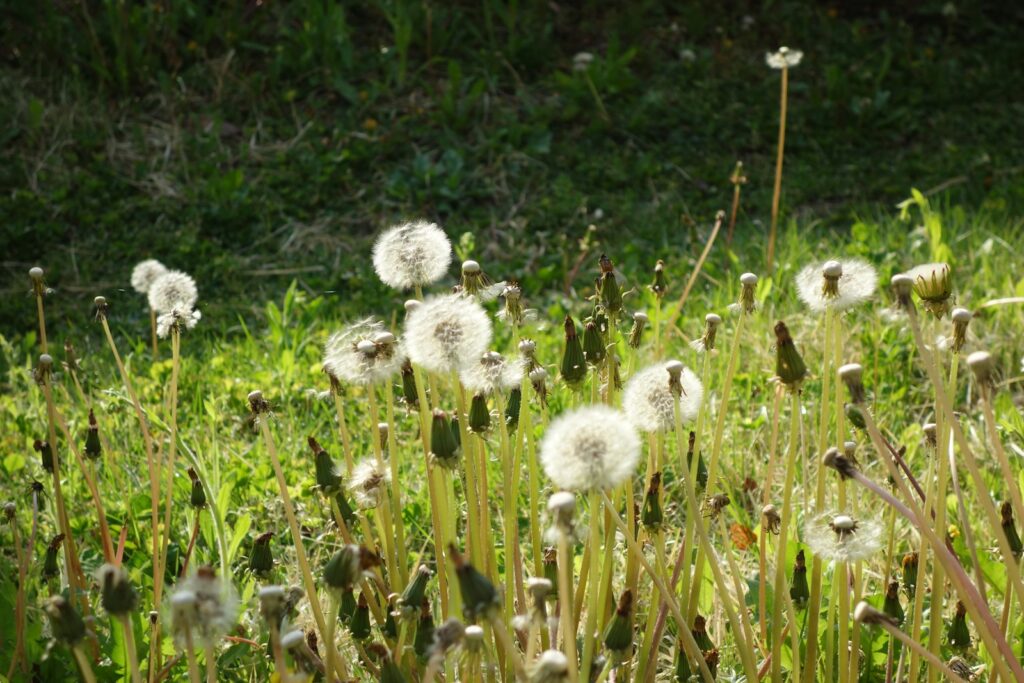
While green weeds can be composted safely, those that have gone to seed pose a serious risk. If your compost pile doesn’t reach temperatures above 140°F (60°C), those seeds can survive the process. When you later use the compost, you might unintentionally spread weeds all over your garden. To avoid this, bag and discard seeded weeds or let them dry out in the sun before disposal. Prevention ensures a cleaner compost cycle.
9. Glossy or Coated Paper
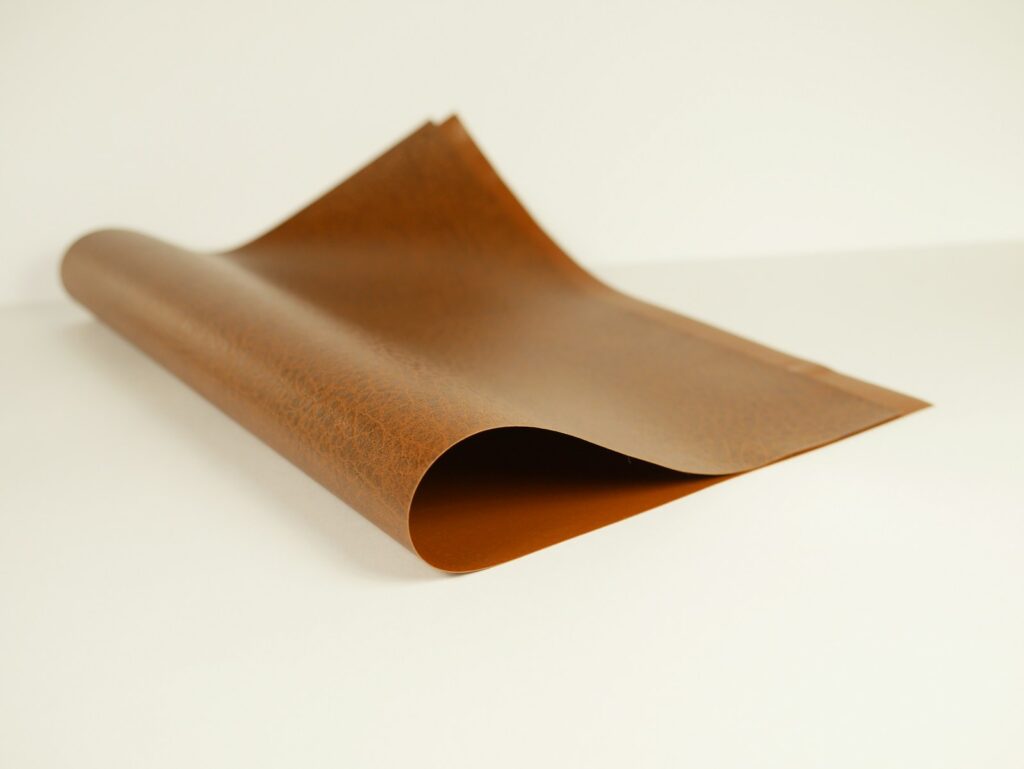
Not all paper is safe for composting. Magazines, gift wrap, and coated cardboard contain plastic films or toxic inks that don’t break down naturally. These additives can contaminate compost with microplastics and chemicals, defeating the purpose of organic gardening. Stick to plain, unbleached paper or cardboard instead they break down beautifully and add carbon to your mix. Always check for coatings before tossing paper into your bin.
Comments